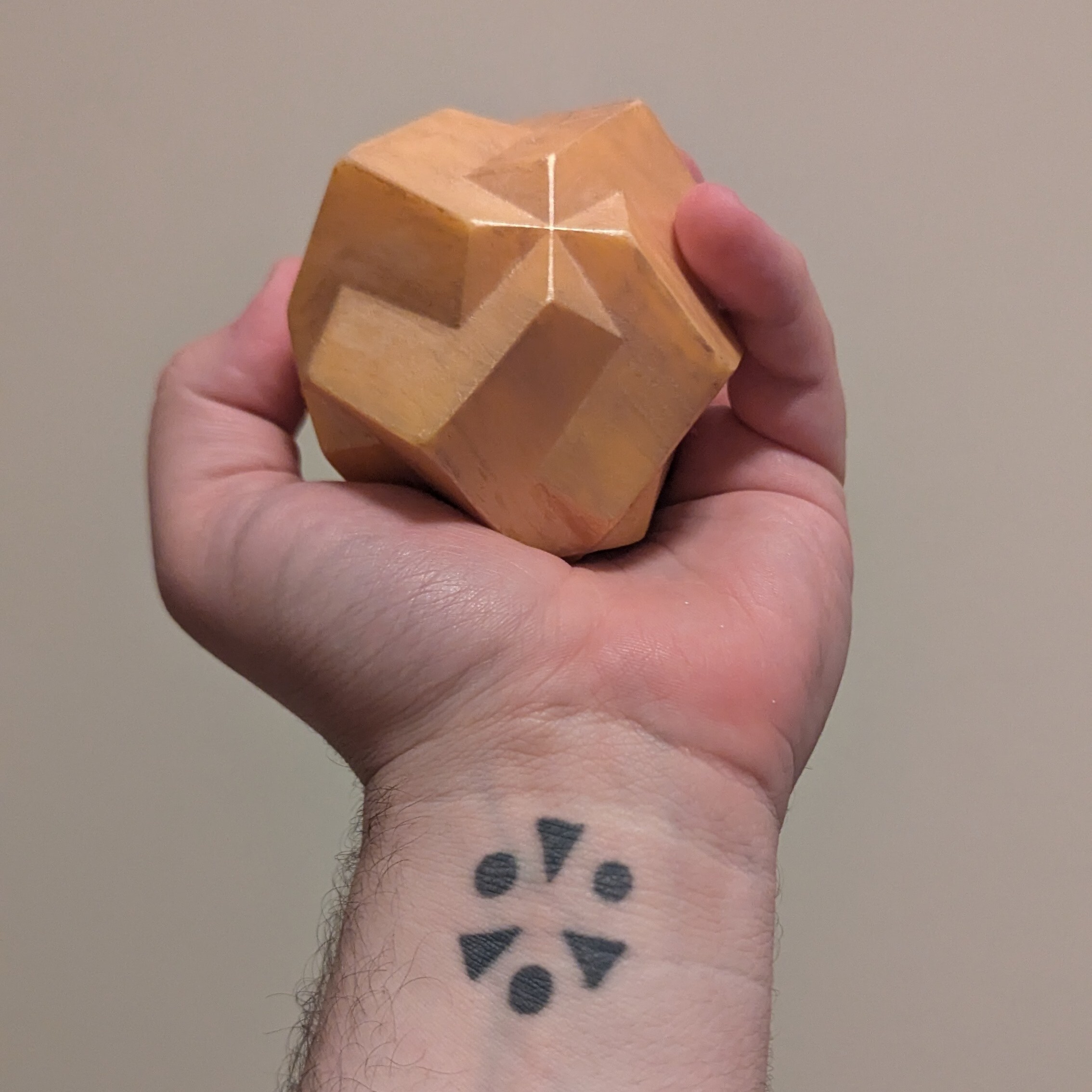What about similar oddities in English?
(This question is inspired by this comic by https://www.exocomics.com/) (I couldn’t find the link to the actual comic)
Edit: it’s to its in the title. Damn autocorrect.
The English language is so retarded yet we use it for international communication, and it is too late to stop it.
I found it! https://www.exocomics.com/193/
Welcome to english, where rules are actually the exceptions
I before E, except after C!
As long as you don’t count the word caffeine. Or protein. Or species. Or seize or heinous or leisure or weird or feign or their or reignite or any of the other 923 words that are exceptions to this rule lol.
The digraph oo is pronounced at least six different ways:
- boot, proof, boost, scoop, moon
- book, foot, look, cookie, good
- floor, poor, door, moor
- flood, blood
- zoology, cooperative
- brooch (just brooch; there doesn’t seem to be any other word in the whole language using this sound for oo).
Floor/door and poor might differ depending on dialect
And the whole point of zoology and cooperative is that they aren’t digraphs (hence why some super posh people write coöperative)
Are the first 2 lines really different?
Genuine question from a non native speaker.
Ehh technically I think they are the same but in common pronunciation they differ subtly. Don’t overthink it though.
first line is a long oo, second line is a short oo.
Oh I see it now. Thanks for the explanation
That’s the fun part, depending on your dialect and regional accent, sometimes there is no discernable difference in some of these lines. But each line has distinct pronunciation from each other in some dialects.
Yeah I went through them again and see how it makes a slight difference but I am slavic and you can definitely hear it when I speak especially with my þ, ð and r sounds. The r especially after speaking for more than 15 minutees my tongue just gives up and I cannot make the weird soft english version of it. The probounciations I use are all over the place.
If you want to have some fun with US regional accents , Baltimore is a classic.
https://youtu.be/Esl_wOQDUeE (1min)
Oh the iohn ohn uhhrn irn. That’s a classic
Brooch and mooch.
But, aren’t these the same sounds as boot / proof / boost etc.?
Brooch is pronounced like roach
English has way more vowel sounds than it has vowels.
- jack
- barn
- arena
- ball
- able
- rare
Those are just words where the primary vowel letter is “a”.
The terrible attempt to solve this is by using double letters, but then consistency goes out the window. There’s times when “ea” is a single vowel sound like /rid/ (reed) or /rɛd/ (red). But it can also be /ɛrn/ as in earn, which rhymes with urn and burn. It can be /ˈɡɹeɪt/ as in great, where the “ea” is a diphthong and pronounced like the “a” in grate or vague. Or, for more fun, the two letters can each fully get their own pronunciation like “react” or “theatre”.
We’re really at the “bearn it all down and start over” stage with English. Let’s just all agree to switch to español.
The comedic timing of this strip is actually really good.
Façade is written using a letter that doesn’t appear in English language keyboards (or in any other English word that I’m aware of).
Just like naïve
Using loan words is cheating, but also disqualifies half the English language
Thing is, reasonable languages adapt loan words to their own rules to make their speakers’ lives easier.
English, though? Nah, English just stalks other languages in dark alleys, stabs them, rips some random words off, and runs away giggling like a maniac, bits of the original language dragging behind, leaving a trail of gore.
That’s how you end up with things like façade, or naïve, or fiancé, or the plural of radius being radii, or château / châteaux, or referendum / referenda, and so on, turning what should be a matter of just applying some standard rules into a veritable minefield of non-standard forms which must be memorised by its speakers.
It does make learning other languages fun. Currently in the middle of French, and there’s so many words i already know. Eg:
- Déjà vu - already seen
- Cul-de-sac - butt (bottom) of the bag
- Laissez faire - let do/let make
- Lieu - place
one would say that word is a
Maybe to reed (infinitive) and read (past tense), but you can usually infer which one it is from context so no need to change the spelling.
“I read a lot of books about English spelling!”
Is this past tense?
Depends on the context
“I read the magazines” isn’t clear on its own, but with other text it probably is.
On a different note there is Reading, a football club in UK, which is pronounced “Redding”. This pronunciation is akin to the Reading Railroad from Monopoly (which I mispronounced all my life until today).
Little details, picked up along the way.
It’s pronounced “Redding” Railroad?? All those times I sang “Take a look, it’s in a book, Reading Railroad!” were a lie!
Reading is a place itself, the football club is the club for that place
Indeed, I just blurted out the biggest association in my mind to the place
Next you’re going to tell me there are places in the UK named Manchester and Liverpool and Notts County and St Johnstone and Celtic and Rangers and Port Vale.
what if we just change the past tense to red? simpler?
Make it
redd, to easily distinguish from the color.The irony with using Connect is that the text for “redd” being done in code format makes it red. 🤣

😄
People already struggle with ‘led’ being the past tense of “lead”. It seems like quite a few people extend the “read/read” rule to “lead”.
In other words, I don’t know if that would actually solve anything 😅
Looking up the etymology is often helpful in theoretical discussions about pronunciation and spelling :)
How about we go with reed and red… see, you already know how to pronounce them!
English has so much of this sort of nonsense. Like the fish can be spelled ghoti thing.
Except that “gh” is never pronounced “f” at the start of a word and “ti” is never “sh” at the end. The “o” is perfectly correct, though. Phosh.
Of course. But it does illustrate some of the confusing quirks of the language though.
Lead and lead as well. I got a lead on those lead undergarments you wanted. I’ll lead you there later.
Actually I don’t think this one is true. Past tense of “to lead” is led. But also lead can be pronounced like led when referring to the metal or the element.
How did I get to the lead merchant? I was led here. But in the price negotiation, I took the lead.
That works for your way of saying it but there is nothing wrong with the way I said it. You don’t say I’ll led you there later. My statement wasn’t past tense at all.
We should be consistent and say “readed”. While we’re on the subject, why isn’t the past tense of go “goed”?
Although the past tense of write is wrote, so maybe for read it should be rode… dammit!
We should be consistent and say “readed”.
But you should still pronounce it redded.
But then it would get confused with “redead” which could be detrimental when dealing with necromancers.
Be the change you want to see. Making people cringe as bonus!
It’s only cringy because you’re not used to it. If someone says “I goed to work yesterday” you would know exactly what they meant.
Yes and then cringe.
















